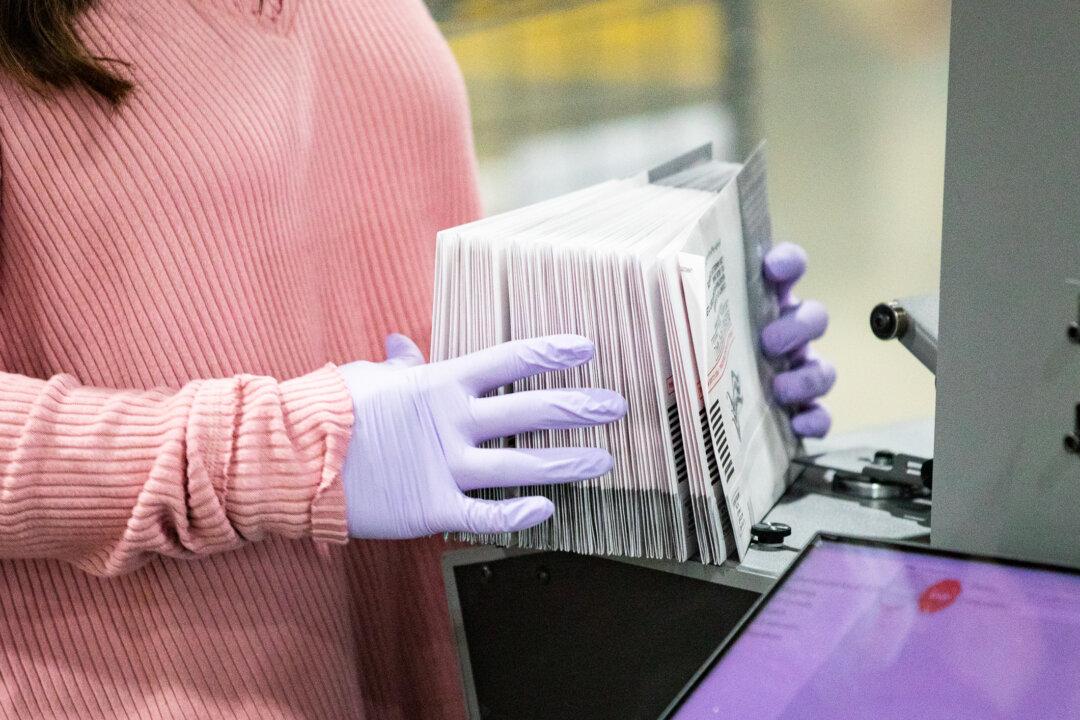A bill that would ban the hand counting of ballots in most of California’s future elections passed the state Assembly Sept. 8, and was sent to Gov. Gavin Newsom’s desk to be signed into law.
Assembly Bill 969, authored by Assemblywoman Gail Pellerin (D-Santa Cruz), would require any regularly scheduled election with over 1,000 registered voters or special elections with over 5,000 registered voters to use state-approved machines, according to the bill’s text.





